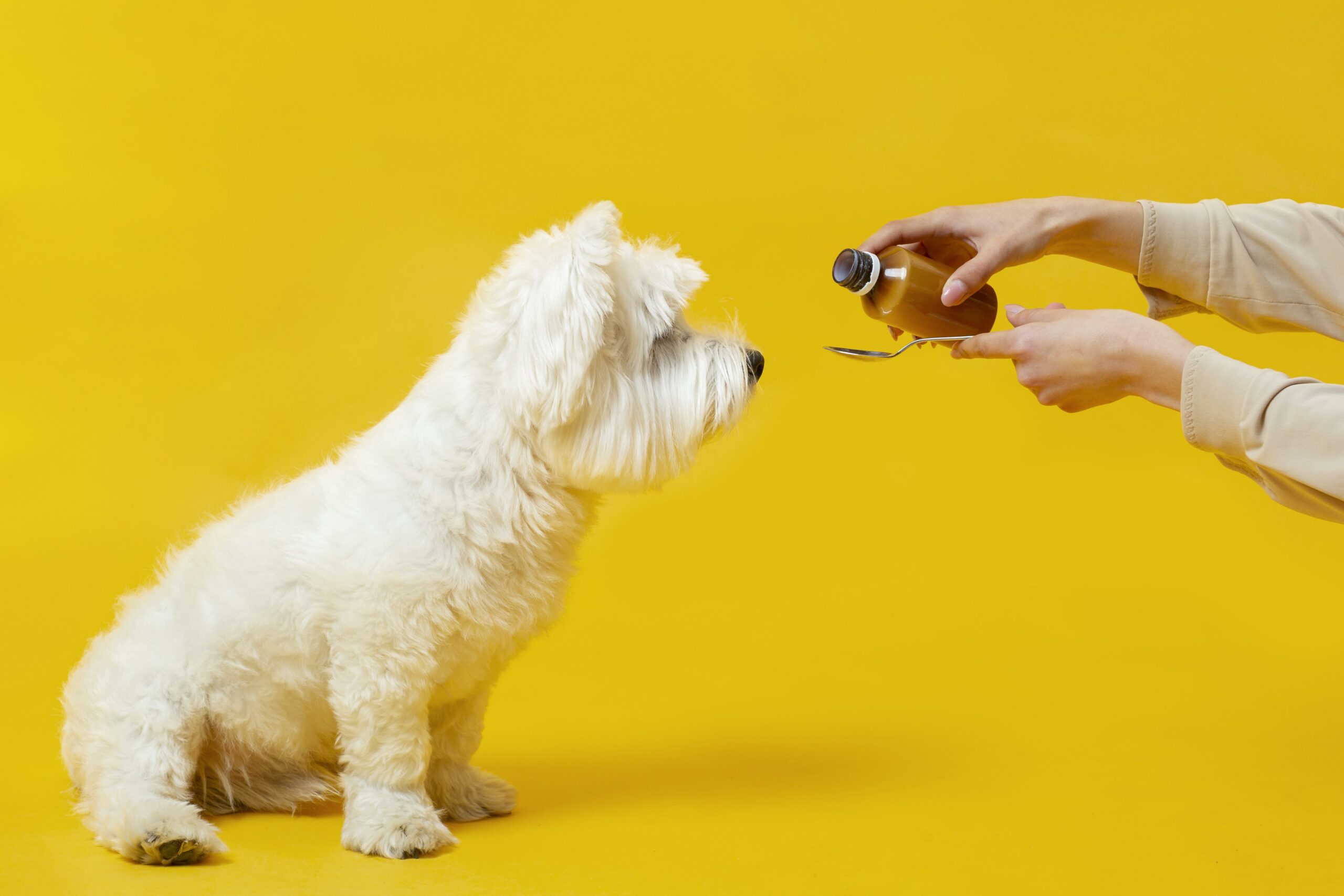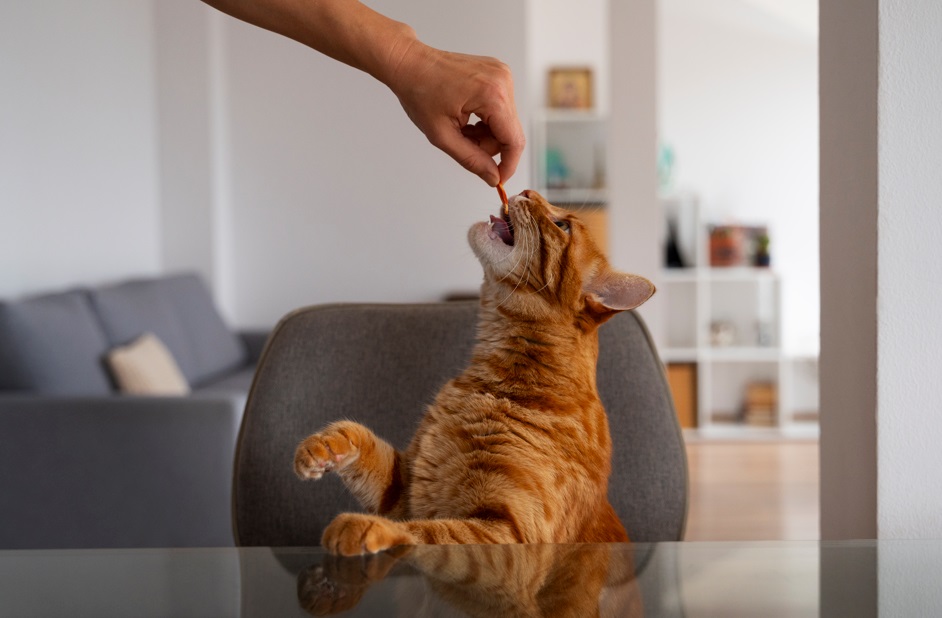
Tips and Tricks for Giving Medication to Pets
Giving medication to pets can be a daunting task, but it’s often necessary to keep our furry friends healthy and happy. Whether you’re a pet owner or a professional pet sitter, knowing how to administer medication effectively and safely is crucial. Here are some tips and tricks to make the process easier for you and more comfortable for your pet.
1. Understand the Medication
Before administering any medication, ensure you fully understand the instructions provided by your veterinarian. Know the correct dosage, frequency, and whether the medication should be given with food or on an empty stomach. If you have any doubts, don’t hesitate to ask your vet for clarification.

2. Choose the Right Time
Pick a time when your pet is relaxed. Avoid giving medication during stressful times, such as right before or after a visit to the vet, after a bath, or during fireworks. A calm pet is more likely to cooperate.

3. Hide It in Food
One of the most effective ways to give medication is by hiding it in your pet’s favorite treat or food. Soft foods like cheese, peanut butter, or specially designed pill pockets work well. Ensure the food is something your pet loves and can’t resist.
4. Use a Pill Dispenser or Syringe
If hiding the medication in food doesn’t work, you might need to use a pill dispenser or a syringe for liquid medications. These tools can help you place the medication directly at the back of your pet’s throat, reducing the chance of it being spat out.
5. Technique for Pills
When giving pills directly:
- Hold your pet’s head gently but firmly.
- Tilt their head back, so their nose points to the ceiling.
- Use your thumb and index finger to open their mouth.
- Place the pill as far back on the tongue as possible.
- Close their mouth and hold it closed.
- Stroke their throat or blow gently on their nose to encourage swallowing.
6. Technique for Liquid Medication
For liquid medication:
- Use a syringe to measure the correct dose.
- Gently insert the syringe into the side of your pet’s mouth, between the cheek and teeth.
- Slowly squirt the medication into their mouth.
- Keep their head slightly elevated and ensure they swallow it all.
7. Positive Reinforcement
Reward your pet with praise, petting, or a treat after they take their medication. Positive reinforcement helps them associate the experience with something pleasant, making future administrations easier.

8. Stay Calm and Patient
Pets can sense your anxiety, so stay calm and patient. If you’re struggling, take a break and try again later. It’s important not to turn medication time into a stressful event for both of you.
9. Seek Professional Help
If you’re having significant trouble, don’t hesitate to seek professional help. Your veterinarian or a professional pet sitter from The Savvy Sittering Pet Sitting and Dog Walking, LLC, can demonstrate the best techniques and provide assistance.
10. Keep a Medication Log
Maintain a medication log to track dosages and times. This is especially useful for professional pet sitters or if multiple people are involved in your pet’s care. Consistency is key to effective treatment.

At The Savvy Sittering Pet Sitting and Dog Walking, LLC, we understand the challenges of pet care. Our experienced team is here to help ensure your pets receive their medication safely and stress-free. Contact us for more tips or professional assistance with your pet care needs.
About the Author:
Savanna Westwood
Savanna Westwood is the Owner and Founder of The Savvy Sitter, Pet Sitting and Dog Walking, LLC. She has grown up with animals all her life and enjoys spending time with them. Savanna has lived in the Winter Garden and Windermere Area for over 30 years. When she is not taking care of Fur Friends, one can find her reading, practicing archery, riding, and devising ways to provide additional and excellent services to clients. Savanna is a Certified Professional Pet Sitter with Pet Sitter International's CPPS certification and also holds certification in Pet First Aid and CPCR for Pet-Care Professionals.

